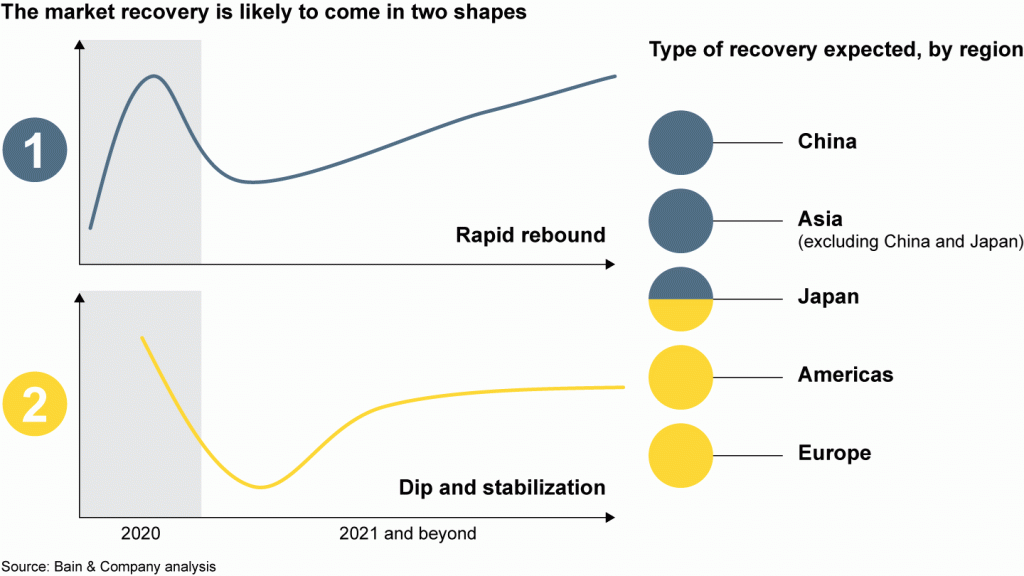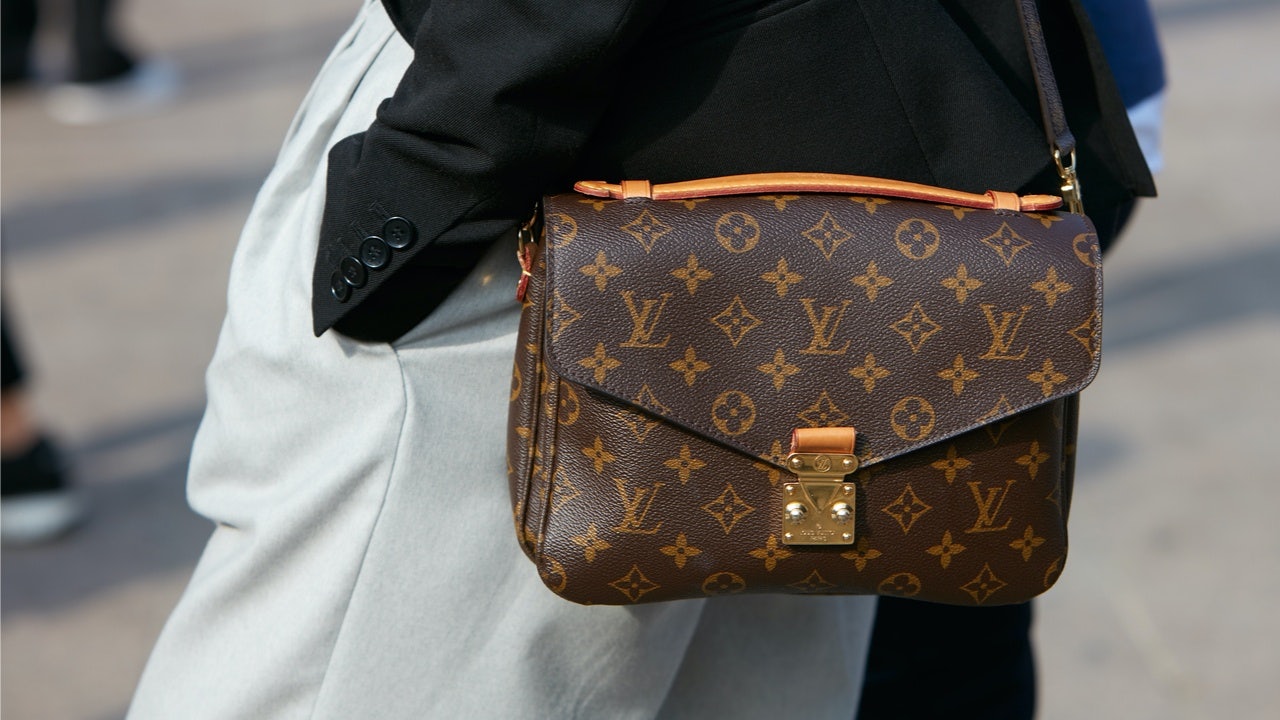The luxury industry, as we know it, will be fundamentally changed by the COVID-19 pandemic. According to a recent Bain & Company brief published last Thursday “Luxury after COVID-19: Changed for (the) Good?,” amid overall losses, companies could make this a positive turn of events for their future operations if they are fast to adapt.
The global consultancy’s Milan office modeled three scenarios on the luxury market’s future performance and predicted that the industry will shrink 15-35% depending on how hard the pandemic hits. Moreover, the brief breaks down six consumption trends, with an ever-more important China market at the top of the list.
Here, Jing Daily summarizes what companies should do to rise above the global crisis and put themselves in a leading position to thrive in a post-pandemic luxury landscape.
A China-Forward Consumption Trend#
While the China market was hard hit in Q1, it would also be the first one to bounce back, according to the brief. As the national lockdown has been lifted, with people cautiously back on the streets, stores are slowly starting to open up. To encourage spending, both China’s central and local governments are also doing their part. Beijing is waiving off the value-added tax (VAT) across Hubei Province — the former epicenter of COVID-19 and the first region to feel the effects of the lockdown —and has reduced the VAT rate is reduced to one percent until May 2020, according to state television CGTN’s website. Additionally, China’s local governments are issuing digital vouchers to encourage consumers to spend more freely, as Jing Daily previously reported.
“Luxury shopping is likely to restart first in China if the virus remains under control there,” the brief stated, adding that travel restrictions would also mean Chinese consumers are likely to shop within China. Bain also predicts an accelerated shift to digital shopping, heightened environmental and social consciousness, increased recognition of brands’ ethics, strengthened local pride, and expanding need for including middle-class consumers.

With an understanding of future opportunities, how should companies cope with the crisis now?
Three Approaches for Companies to Rise above the Crisis#
From a leadership framework to the supply chain, there are many aspects that luxury companies could work on to mitigate threats and prepare for a fast recovery in the post-pandemic era.
Govern through a new leadership framework, which involves a team of crisis leaders.#
Bain suggests the usual narrow committee of leaders should be supported by experts and advisers when needed, as well as a sound project management office. In the meantime, priorities and plans should be constantly reassessed and communicated clearly, the consultancy says.
Maximize short-term financial, operational and brand resilience#
There are many ways for companies to up their resilience from front-end to back-end. The brief breaks down this approach into four areas: stay relevant to customers by fostering a sense of community, protect the top line by investing in online sales and test new campaigns, adjust operating and capital expenditure by postponing marketing activities and store openings.
Last but not least, companies should take short-term contingency actions while preparing for the future, Bain recommends. For example, companies should split core functions in prototyping, manufacturing and warehousing to a “red and blue team” in case someone from one team gets sick. “The COVID-19 response can become the catalyst for a supply chain reinvention in the luxury industry,” the brief added.
Transform the value proposition and business model for the future#
Fundamental changes that were already happening before the crisis will be fastened. Companies that embrace digital tools during the crisis for internal communications will become more agile. On the other hand, the digital-focused mindset can also be shifted toward e-commerce for consumers.
Bain is optimistic about the future of the global luxury market, and believes that brands will come out the other end stronger. “Lessons in resilience learned in the dark days of 2020 can power a sustainable recovery in 2021 and beyond,” the brief concluded.
